Collection |
Collections
Filters
-
Collection Type
-
-
Collection |
 Sequencing Quality Control 2
Sequencing Quality Control 2
This Web Collection presents the results of the Sequencing Quality Control 2 (SEQC2) project that sought to evaluate quality-control metrics and human, bacterial and metagenomic reference materials and datasets for next-generation sequencing (NGS) in both regulatory settings and precision medicine.
Image: Ning Zhang, TopEdit Author Services. -
Collection |
 Nature Biotechnology’s academic spinouts 2020
Nature Biotechnology’s academic spinouts 2020
Nature Biotechnology’s annual survey highlights academic startups that are, among other things, designing cytokines, tackling various immune disorders and cancer with T- and B-cell therapies, providing gene therapy using novel delivery methods, and enlisting the microbiome to treat hyperoxaluria and cancer.
Image: Erin Dewalt -
Collection |
 25th Anniversary Collection
25th Anniversary Collection
Nature Biotechnology is celebrating its 25th anniversary. Throughout the year in this collection, we will bring together a variety of content with an eye on the future of biotech.
Image: Peter Crowther -
Collection |
 Harnessing the power of computational science
Harnessing the power of computational science
The use and development of sophisticated computing capabilities to analyse and solve real-world, challenging problems has undoubtedly revolutionized the way researchers do science.
-
Collection |
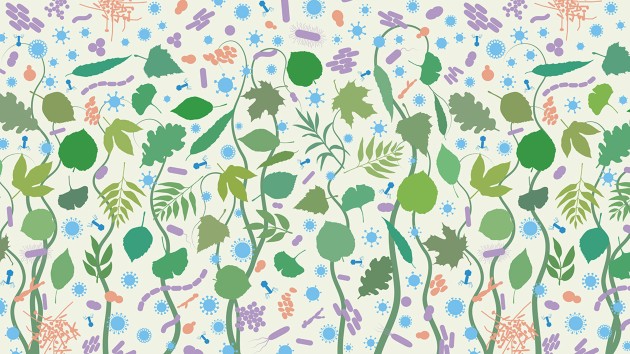 The plant microbiome
The plant microbiome
The UN General Assembly proclaimed that 2020 is the International Year of Plant Health to recognize and protect plant health, and to raise awareness of the crucial role of plant health in ecosystem health, food security and human health. Plants host diverse microbial communities that are associated with plant roots, the phyllosphere, rhizosphere and the endosphere, and comprise bacteria, fungi, protists, nematodes and viruses. Numerous studies from different fields of research have expanded our knowledge of the complex interactions between the plant, the associated microbial communities as well as the environment, and provided insights into the ecology and functions of this co-association, including the appreciation that the plant microbiota is important for plant growth, fitness, stress resilience and health. Such an increased understanding opens up the possibility to harness plant-associated communities for sustainable plant production and agricultural practises and to protect plants from the effects of climate change and human activities that lead to a decrease in biodiversity and the spread of plant diseases. This Collection contains Reviews and Research articles from across the Nature group of journals that cover the latest advances in plant microbiome research, addressing critical knowledge gaps that need to be addressed, such as a better understanding of the assembly of the plant-associated microbial communities, their dynamics, metabolic interactions or functional properties.
Image: Philip Patenall/Springer Nature Limited -
Collection |
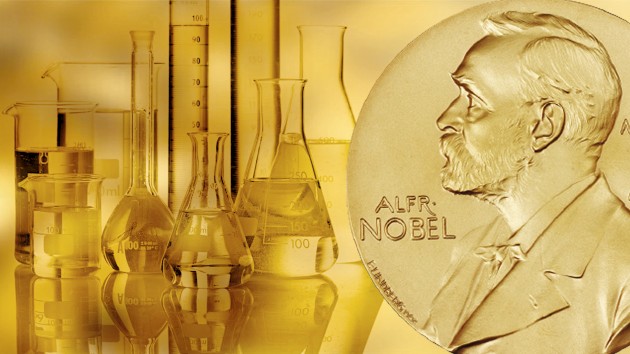 Nobel Prize in Chemistry 2020
Nobel Prize in Chemistry 2020
The 2020 Nobel Prize in Chemistry has been awarded to Emmanuelle Charpentier and Jennifer Doudna for their pioneering work in gene-editing.
Image: Springer Nature/The Nobel Foundation/Imagesource -
Collection |
 Nobel Prize in Physiology or Medicine 2020
Nobel Prize in Physiology or Medicine 2020
This collection of research, review and comment from Nature Research celebrates the 2020 Nobel Prize in Physiology or Medicine awarded to Harvey J. Alter, Michael Houghton and Charles M. Rice "for the discovery of hepatitis C virus".
Image: Springer Nature/The Nobel Foundation/Imagesource -
Collection |
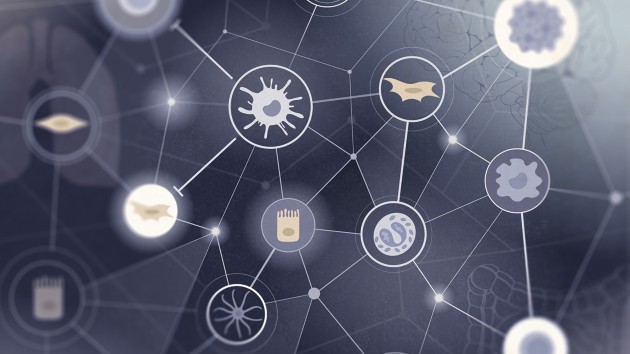 Stromal–immune cell interactions
Stromal–immune cell interactions
Immune cells journey throughout the body surveilling for signs of danger or damage.
-
Focus |
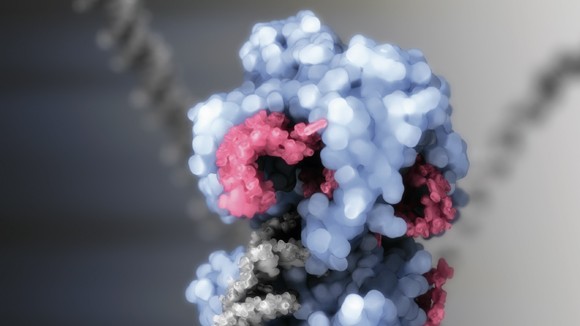 Focus on CRISPR tools and therapies
Focus on CRISPR tools and therapies
Recent years have seen an acceleration in the number of CRISPR endonucleases available in the bioengineer’s toolbox.
Image: Equinox Graphics Ltd. -
Collection |
 Stem cells from development to the clinic
Stem cells from development to the clinic
New technologies to study stem cells have increased our knowledge about their physiological roles and contributions to development, ageing, regeneration and disease. This collection showcases research articles, reviews and protocols from across the Nature journals to highlight the striking advances made in basic and translational stem cell research.
Image: Benedetta Artegiani and Delilah Hendriks, Hubrecht Institute, Utrecht, The Netherlands. -
Special |
 Pan-Cancer Analysis of Whole Genomes
Pan-Cancer Analysis of Whole Genomes
Cancer is a disease of the genome, caused by a cell's acquisition of somatic mutations in key cancer genes.
Image: Nik Spencer/Nature

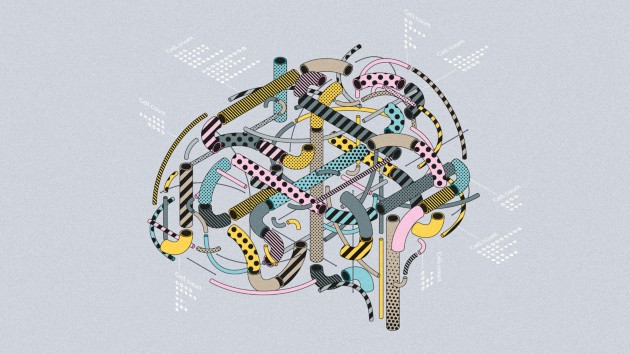 Brain Initiative Cell Census Network
Brain Initiative Cell Census Network